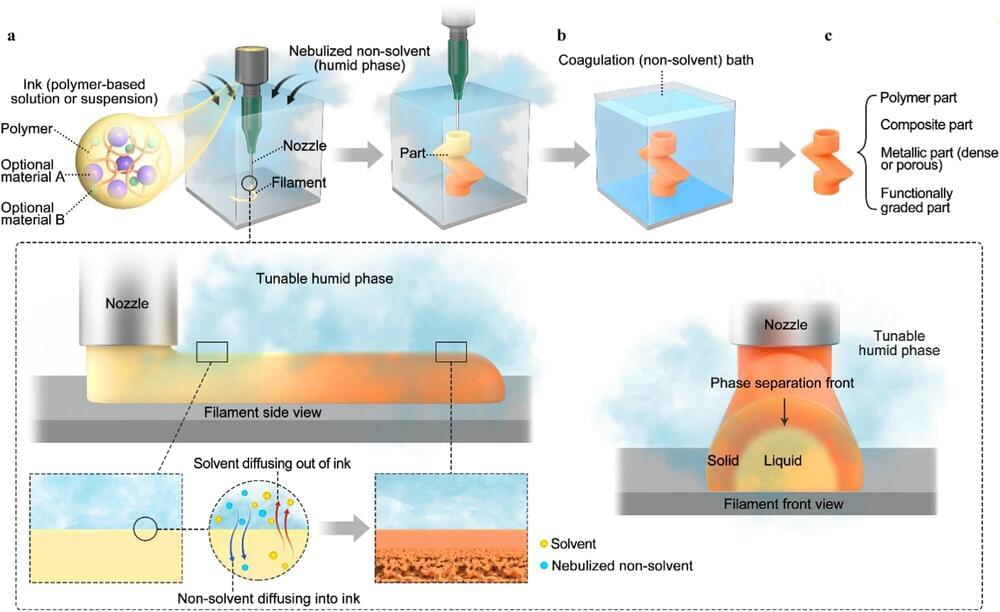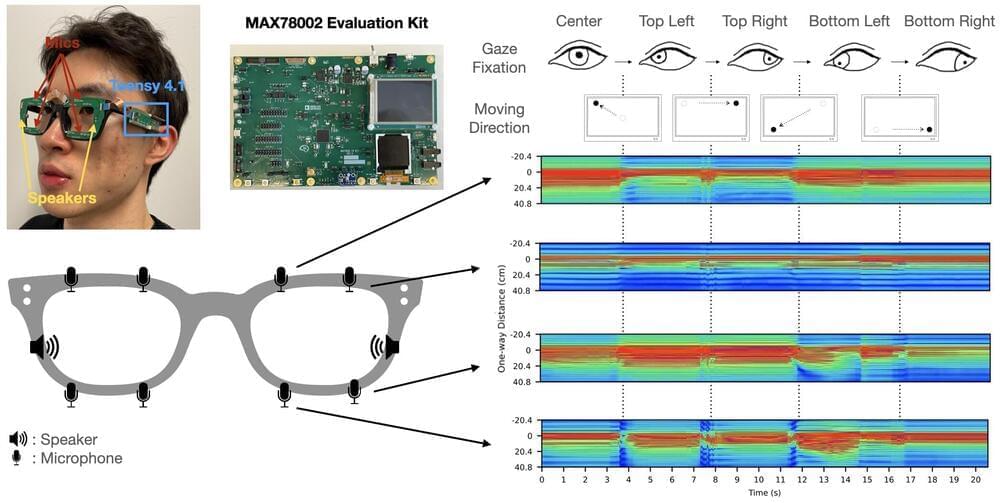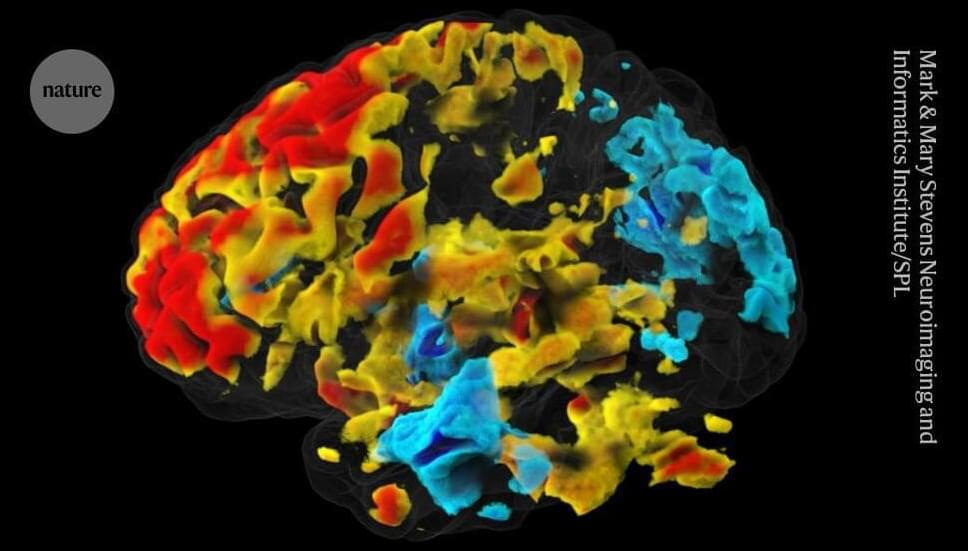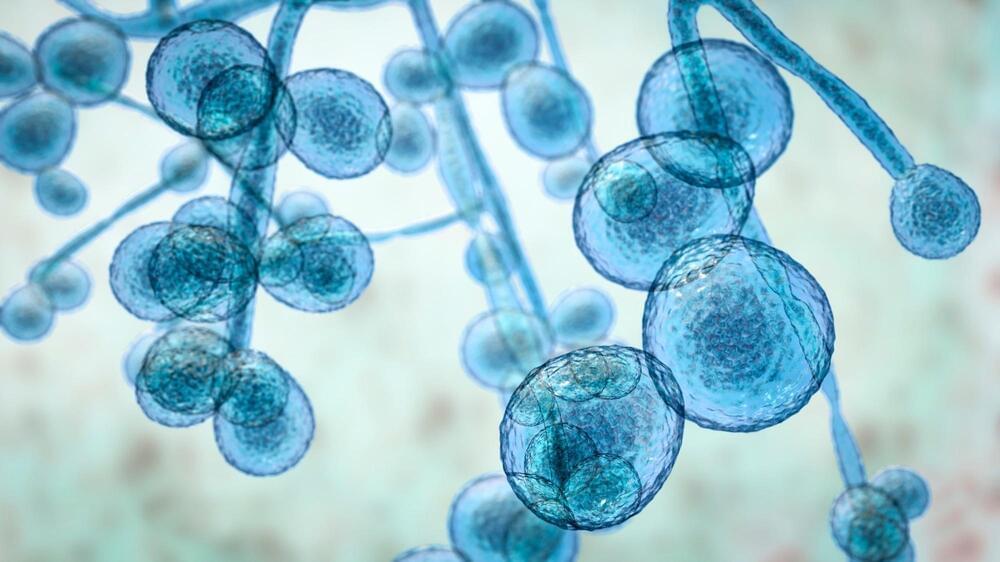For more than a decade, scientists have used bismuth (Bi)-based topological insulators to demonstrate and explore exotic quantum effects in bulk solids mostly by manufacturing compound materials, like mixing Bi with selenium (Se), for example. However, this experiment is the first time topological effects have been discovered in crystals made of the element As.
“The search and discovery of novel topological properties of matter have emerged as one of the most sought-after treasures in modern physics, both from a fundamental physics point of view and for finding potential applications in next-generation quantum science and engineering,” said Hasan. “The discovery of this new topological state made in an elemental solid was enabled by multiple innovative experimental advances and instrumentations in our lab at Princeton.”
An elemental solid serves as an invaluable experimental platform for testing various concepts of topology. Up until now, bismuth has been the only element that hosts a rich tapestry of topology, leading to two decades of intensive research activities. This is partly attributed to the material’s cleanliness and the ease of synthesis. However, the current discovery of even richer topological phenomena in arsenic will potentially pave the way for new and sustained research directions.








